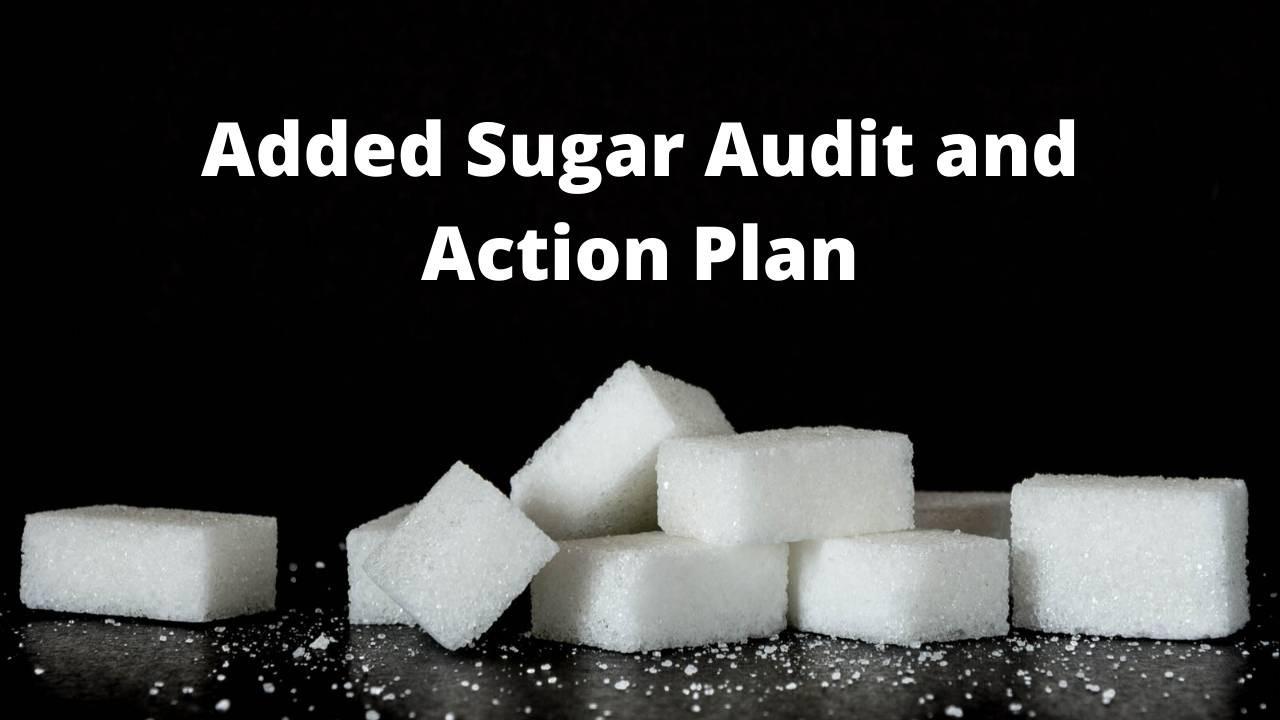Who are Your People? (Or, Creating Your Own Microculture)

Who is Your Tribe?
"You are the average of the 5 people you spend the most time with."
This quote has been attributed to motivational speaker Jim Rohn, and I believe there is a truth to it. The people you spend time with greatly influence your behavior - both in positive ways as well as negative ones. Your sister who always seems to say the right thing when you are down, to help you get back on your feet, that is positive. Your brother-in-law who keeps encouraging you to eat one more hotdog after you already declined ("C'mon, it's the weekend, live a little") is a negative influence.
So what does this have to do with health? Stay with me for just a moment.
Your World
Culture can be defined as "the customs, arts, social institutions, and achievements of a particular nation, people, or other social group." We can think of human culture, American culture, or even culture built around sports teams or dog breeds. Any time a group of people like to spend time together and have a common ...
How Sleep Deprivation Affects Your Metabolism

Sleep is Important for Your Metabolism
It might not be a shock to hear this, as the importance of sleep has been in the news more frequently, but proper sleep is important for your metabolism. Short sleep makes it harder for you to lose weight, and can increase insulin resistance and cause glucose levels to rise. This week I'll highlight two hormonal changes that occur when you don't get enough sleep - increases in ghrelin and decreases in leptin.
Ghrelin and Leptin
Ghrelin and leptin are two hormones discovered since 1994 which have important effects on metabolism. For our discussion, think of leptin as a hormone that signals when you have sufficient energy - caloric intake and fat stores - and works to decrease appetite. Ghrelin is a hormone secreted by the stomach and is known to increase hunger.
In a classic study, researchers studied 12 healthy young men, and found that when they slept 4 hours nightly for 2 nights, compared with sleeping 10 hours, they had decreased levels of ...
Reversing Type 2 Diabetes is Possible - Results From the DiRECT Trial

I've noticed something interesting. When someone is diagnosed with type 2 diabetes, the doctor thinks about controlling risk factors. Control the blood sugar. Control the blood pressure. Control the cholesterol. All of this to reduce the risk of developing problems related to diabetes.
Most people when diagnosed, however, think about reversing diabetes. Make it go away. Get off medications. Punch diabetes in the face so it never comes back.
Unfortunately studies and experience have not suggested that people are likely to make and sustain the changes needed to reverse type 2 diabetes.
But could diabetes reversal be possible?
The "Twin Cycle" Hypothesis
Dr. Roy Taylor from Newcastle, UK, developed an interesting hypothesis about the cause for diabetes which gives hope that it can be reversed commonly, especially within the first 4-6 years after diagnosis. He published about the twin cycle hypothesis in 2012 after performing preliminary studies showing support for the idea.
Basicall...
Navigating the White Water - A Recommendation for Health Coaching

Meet your river guide
Just before I got married, several of my friends took me on a guys' adventure day, which included a day whitewater rafting on the Arkansas River. As we signed in, we received instruction about river safety, got our life vests, and hopped on a bus that took us to our starting point.
On this day we would be hitting class 3 and class 4 rapids, which are not as big as they come, but plenty big for a novice like me.
And then we met our guide. He would be in charge of steering the raft, helping us to make our way down the river safely, showing us where to go, what to avoid, and how to get past obstacles. He was skilled and knowledgeable, a good teacher, and he delivered us to our destination safely. Along the way we had an amazing time together.
The healthcare system - a contrasting approach
In some ways, I believe that the healthcare system uses a very different approach. As you try to make healthy choices, overcome obstacles, and make progress, how often do you i...
It Seemed Like Everything Was Falling Apart

James' system was breaking
It was too much for James*. His father was ill, and he was travelling back east frequently to help with his father's healthcare. Combined with his business travel, lots of stress, and the difficulty he faced finding the right foods on the road, it was just way to hard for James to eat well and keep his blood sugar down. He was feeling tired, frustrated, and ashamed.
About 3 years ago James found great success controlling both his blood sugar and his weight by following a ketogenic diet. He'd lost over 50 pounds, and when everything was ticking just right, all of his blood sugar numbers were excellent. He'd even been able to stop one of his diabetes medicines. And he felt really good.
The problem was that he needed to devote a fair amount of effort to keeping on track. Shopping for groceries ahead of time, packing lunches, and keeping his stress down helped him stay on track. When life was "normal," this was all very manageable.
However, with all the stres...
A Nutrition Lesson for People Who Don't Want to Eat Keto

Headlines won't always tell you the whole truth
I'd like to come back to the question of "what's the best diet?" This week let's look at a study that compared a low carbohydrate ketogenic diet vs. a low glycemic index diet. Take a look at the authors' conclusion from this study (bold text mine):
"Dietary modification led to improvements in glycemic control and medication reduction/elimination in motivated volunteers with type 2 diabetes. The diet lower in carbohydrate led to greater improvements in glycemic control, and more frequent medication reduction/elimination than the low glycemic index diet. Lifestyle modification using low carbohydrate interventions is effective for improving and reversing type 2 diabetes."
You might read this and conclude you need to follow a ketogenic diet, and that a low glycemic index diet is not good. But let's dig a little bit.
It is true that participants in the ketogenic group lost more weight, had a bigger blood sugar drop, and were able to stop m...
Your Highly Processed Food Audit and Action Plan

"Overfed and Undernourished"
One hundred years ago, if you ate a food that had calories, it also contained nutrients - vitamins, minerals, and other small molecules that help your body produce energy, heal itself, and fight infection and cancer. Over the last 70 years food production has changed substantially, leading to the introduction of many calorie dense foods that are depleted of their natural nutrient value.
Many foods are produced using inexpensive fats and grains that have been stripped of their natural nutrients, and these fats and grains are mixed with salt and sugar to become "highly palatable" (think hard to stop eating, more below) and with chemicals that help preserve stability and shelf life. Unfortunately, these have adversely affected our health by contributing to weight gain and insulin resistance, weakening our immune systems, and increasing the risk of certain cancers.
These weight gain caused by such poor quality foods in our food supply led one nutrition resea...
Your Added Sugar Audit and Action Plan

Time for an Added Sugar Audit
Today we'll focus on reducing or eliminating added sugar from your diet. But before we get to that, let me give you some background information.
What's the best diet?
Time and again I get asked, "what's the best diet?" There is so much confusion and hype in the nutrition and weight loss industries that it's hard to know what's best. This can leave you feeling confused, frustrated, and even overwhelmed when you try to improve your nutrition.
This past week I was reviewing studies published by Dr. Dean Ornish, including this powerful study which showed that heart disease could be effectively treated with a healthy diet, exercise, and stress reduction. With these measures, the amount of plaque buildup in people's arteries actually decreased over 5 years, compared with an increase in the "usual care" control group.
While the Ornish diet focuses on a whole-food, plant-based, low fat approach, it is just one example of a healthy eating style. Studies show t...
Thoughts About Intermittent Fasting and Diabetes, Weight Loss, and Health
Overview of intermittent fasting and how this might be a useful tool to help manage diabetes.
Discussed in the video:
- Different types of intermittent fasting
- Time restricted feeding (such as 16:8)
- 5:2 Intermittent fasting
- Alternate day fasting
- Studies of intermittent fasting and diabetes
- How intermittent fasting might influence two metabolic pathways to create benefit
- Muscle building pathway (mTOR)
- Repair pathway (AMP-K)
- Recommendations for people with diabetes considering intermittent fasting
The Diabetes Fire Triangle and How Many Carbs You Can Eat

The Diabetes Fire Triangle and How Many Carbs You Can Eat
"You have diabetes.”
Jane was not surprised to hear those words. Many people in her family already have diabetes, including both her parents. She’d been thinking she needed to make some changes in her life for a few years, but she never quite got around to it, and the few things she tried never really stuck as new habits. She took a deep breath and sighed.
With her new diagnosis, Jane knew she couldn’t put off her health any longer. She had 2 daughters she loved, and it was her dream to enjoy grandchildren someday. Plus, she and her husband had been saving for retirement and hoped to travel more. She didn’t want poor health to get in the way of her dreams.
But Jane was confused. She’d been reading about nutrition, and recommendations were all over the map. Some say anything with carbs is bad. Others say lots of plants and no oils. Others say moderation. It made sense to her to cut down on added sugar. But what about fruit? ...